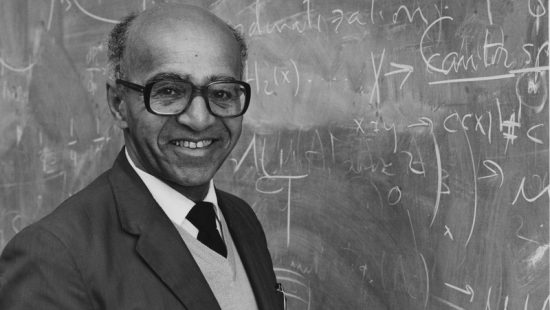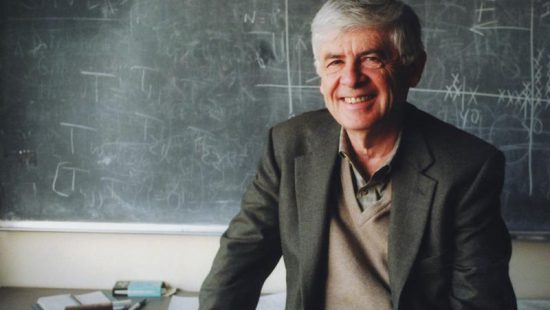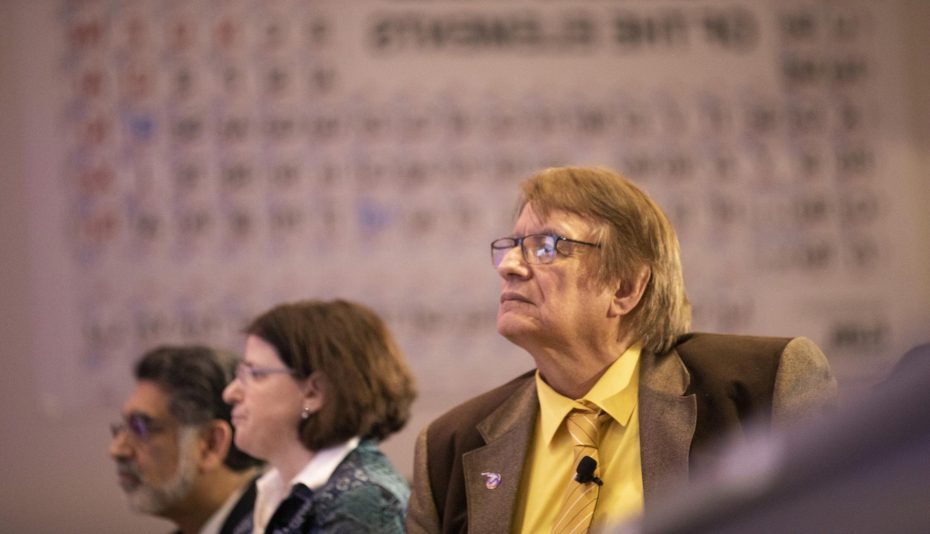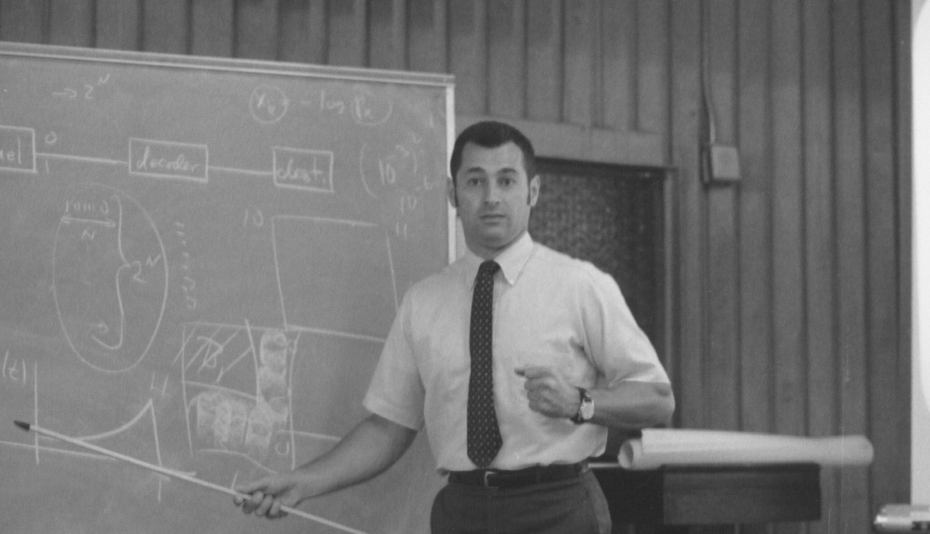As a child, Kurt Godel was nicknamed “der Herr Warum” or “Mr. Why” for his inquisitive nature.
At the University of Vienna, his thriving curiosity prompted his attendance at meetings of the Vienna Circle, a group of philosophers focused on logical positivism – a school of thought based on the idea that the only meaningful philosophical problems are ones that can be solved by logical analysis.
In 1931, Godel published his incompleteness theorems, which demonstrated the limitations in any axiomatic system. An axiomatic system is a series of axioms – established truths – that can be used to devise a theorem.
Godel’s work states that any rigidly logical mathematical system contains questions that cannot be proved or disproved using axioms within that system. In addition, he argued that it’s not guaranteed that the basic axioms of mathematics will not create contradictions.
“I don’t believe in empirical science,” he said. “I only believe in a priori truth.”






